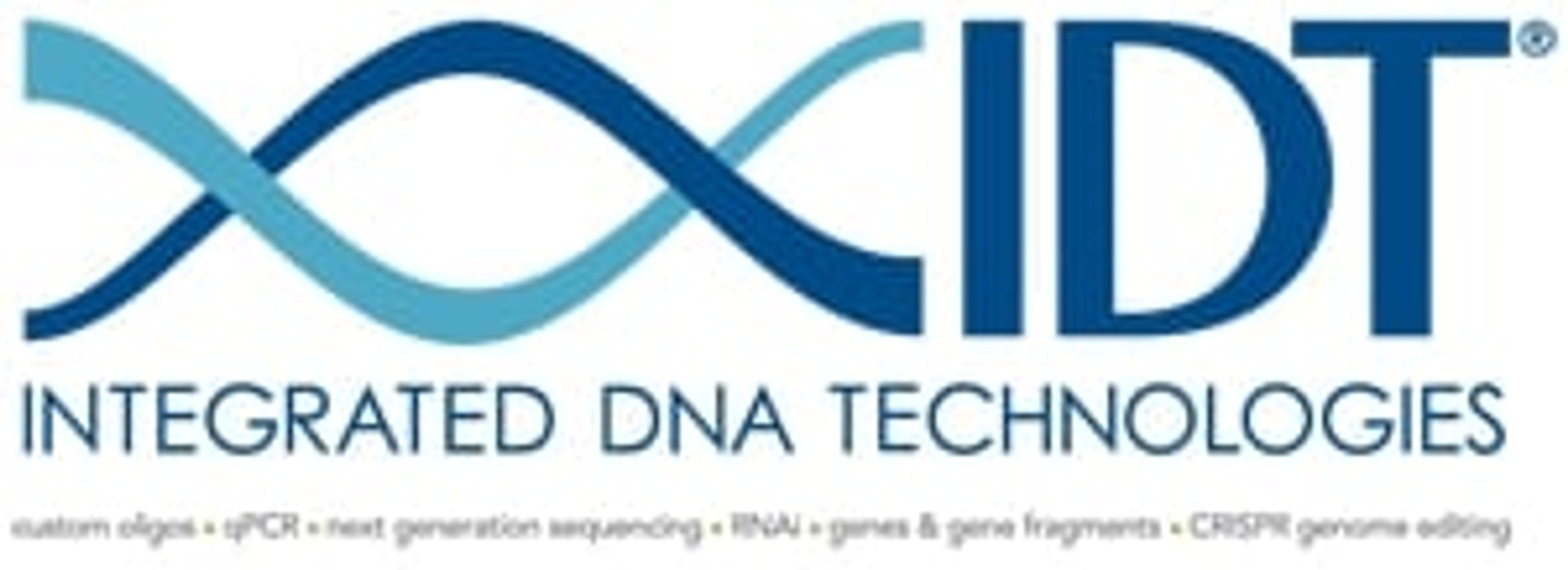PrimeTime® qPCR Assay Plates Streamlines High Throughput qPCR Analysis
13 May 2013Integrated DNA Technologies (IDT), the world leader in oligonucleotide synthesis, has announced the launch of PrimeTime® qPCR Assay Plates, for high throughput qPCR analysis. Primers and probes for 5’-nuclease and intercalating dye assays (e.g., SYBR®) can now be directly ordered online in a 96 well plate format, eliminating the time-consuming transfer of primers and probes from reagent stocks, and streamlining the reaction set-up. PrimeTime qPCR Assay Plates offer an ideal solution for many applications that generate large quantities of data, such as validation of NGS and microarray data, as well as high throughput gene expression screening.
Addressing the needs of each particular qPCR assay requirement, a range of primer and/or probe concentrations are available, delivered lyophilized within a 96 deep-well plate. For additional flexibility, different dye-quencher combinations can also be ordered on the same plate, extending the range of assays that can be performed during a single run. The researcher does not even need to purchase a complete 96 well plate, just 24 assays is the minimum per plate order. Further cost savings are possible once a plate layout has been designed, since replicate plates can be generated at a lower total cost per reaction, making this format particularly suited to high throughput applications in academia and industry.
Designing and ordering your custom assays in this new plate format is rapid and intuitive with the online PrimeTime® qPCR assay tool, which allows users to easily create a master plate via simple copy and paste actions from source data. Alternatively, researchers can select from a specialized library of predesigned human, mouse, or rat assays generated by IDT’s sophisticated design engine. In addition to incorporating accurate Tm and secondary structure prediction data, this assay design engine takes into account the latest data from the NCBI RefSeq database, to avoid off-target amplification and SNPs, thus ensuring maximum assay performance.

